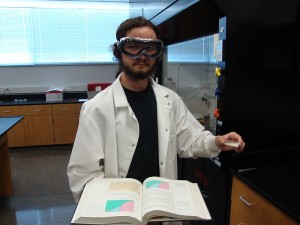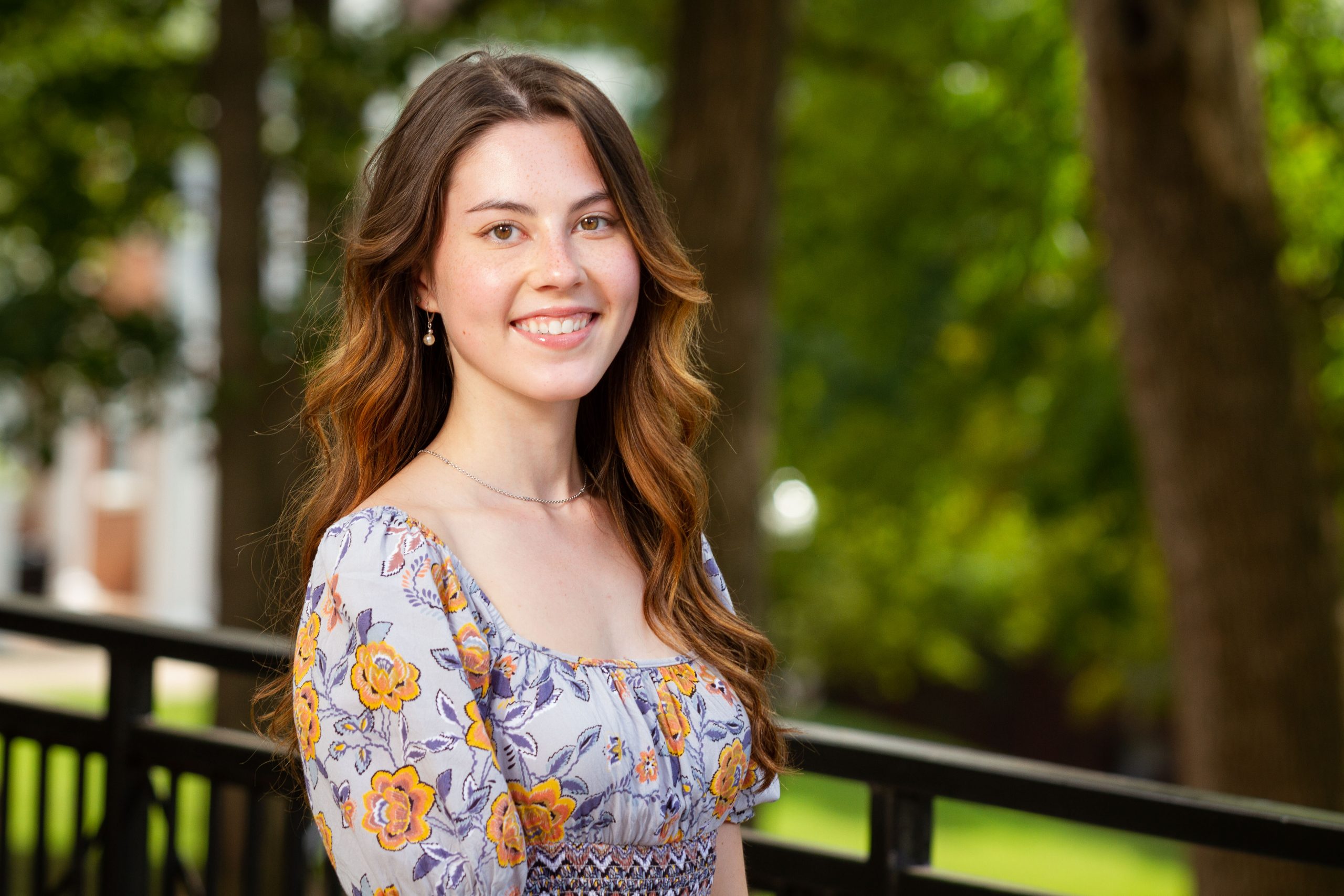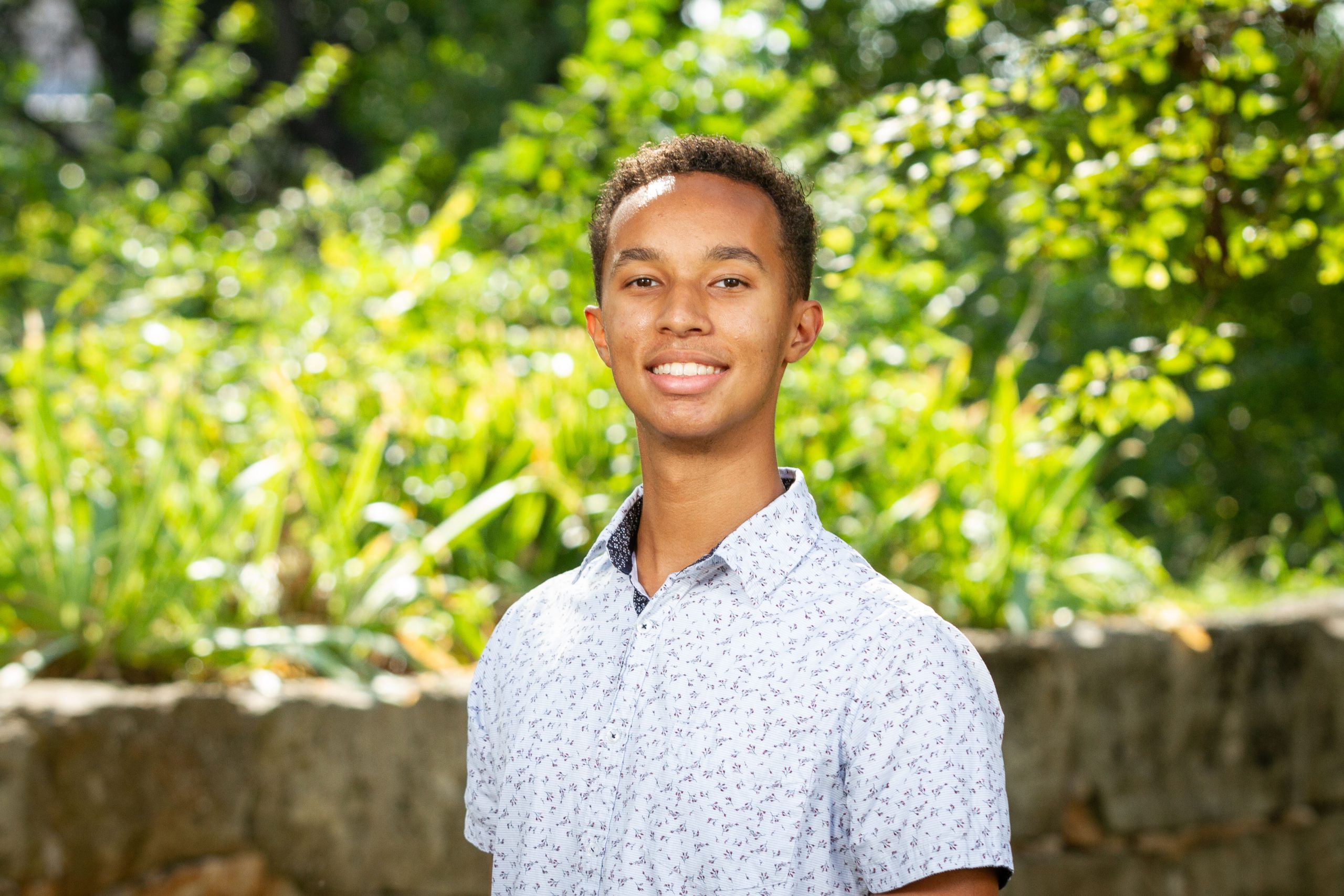Summer 5Q: Nicholas Fedorka studies water as potential energy through metal organic framework research
August 6, 2012 | 5Q, Research, Summer, Uncategorized | No Comments
Since 2010, the Gatton Academy has offered students the ability to pursue summer research experiences through the Gatton Research Internships Grants (RIG) program. Made possible through the generous support of Mr. Carol Martin “Bill” Gatton, the program offers competitive grants to Gatton Academy students between their junior and senior years to support summertime research internships across the Commonwealth and the world. By providing a funding mechanism, the program directly creates new avenues for growth and exploration. Throughout the summer, we are sharing insights from students who are the recipients of our 2012 grants.
 Rising senior Nicholas Fedorka of Danville has spent his summer working in the WKU Department of Chemistry under the mentorship of Dr. Bangbo Yan. Nicholas is studying water as a potential energy source through his research on the synthesis and structure of a metal organic framework.
Rising senior Nicholas Fedorka of Danville has spent his summer working in the WKU Department of Chemistry under the mentorship of Dr. Bangbo Yan. Nicholas is studying water as a potential energy source through his research on the synthesis and structure of a metal organic framework.
1. What does research mean to you as a young person interested in STEM?
As a young person interested in STEM this research experience means a lot to me. It’s a taste of what I could be doing for the rest of my life. In STEM there are many options for possible careers. Chemistry and research are two very promising ones for me. I am doing both. Through this research I get more experience, and through that experience I grow in my understanding of myself and what I want to do.
2. How is this different from the way you think most high school students spend their summers?
This is quite different from most high-schoolers’ summer. While many such people may have a summer job, it probably has nothing to do with what they aspire to be or how they hope to contribute to society. I’m doing exactly what I want to do through my work: I’m doing science.
3. What are you looking forward to the most about your second year at the Academy?
By far I am looking forward to taking university classes again. I look forward to once again having a rigorous and rewarding education.
4. What do you aspire to achieve in the next ten years?
I hope to discover what I want to do with my life, as in what sort of science I want to do. This means getting degrees, doing research, publishing papers, and making myself more than competent at my chosen profession.
5. How does this research experience or internship fit into your educational and professional goals?
This research experience fits quite nicely into my educational goals. I want to get as much education as possible in what interests me. I find chemistry interesting, and by getting hands-on, actual, “real life” experience, I am getting an excellent background in it.


